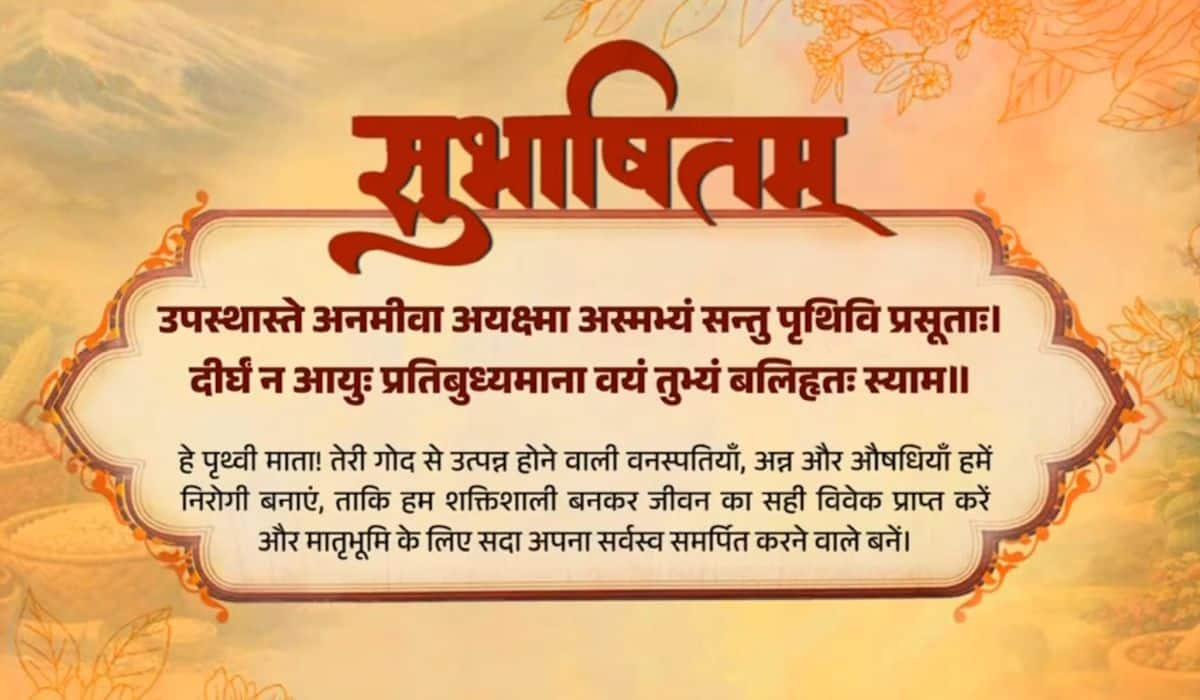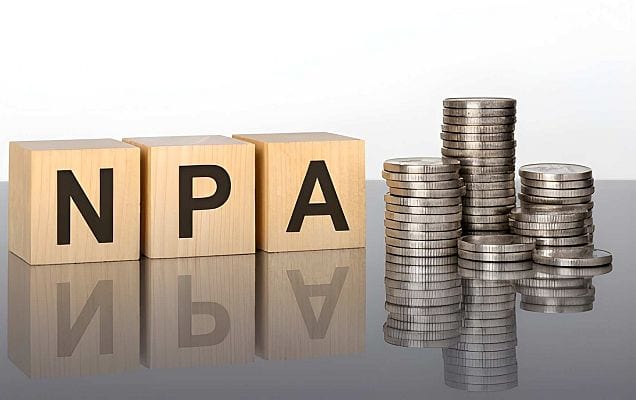The Cabinet Committee on Economic Affairs chaired by Prime Minister Shri Narendra Modi has approvedContinuation and Revamping of the Scheme for Financial Support to Public Private Partnerships (PPPs) in Infrastructure Viability Gap Funding (VGF) Schemetill 2024-25 with a total outlay of Rs. 8,100 cr.
The revamped Scheme is mainly related to introduction of following two sub-schemes for mainstreaming private participation in social infrastructure:
a. Sub scheme -1
This would cater to Social Sectors such as Waste Water Treatment, Water Supply, Solid Waste Management, Health and Education sectors etc. These projects face bankability issues and poor revenue streams to cater fully to capital costs. The projects eligible under this category should have at least 100% Operational Cost recovery. The Central Government will provide maximum of 30% of Total Project Cost (TPC) of the project as VGF and State Government/Sponsoring Central Ministry/Statutory Entity may provide additional support up to 30% of TPC.
b. Sub scheme -2
This Sub scheme will support demonstration/pilot social sectors projects. The projects may be from Health and Education sectors where there is at least 50% Operational Cost recovery. In such projects, the Central Government and the State Governments together will provide up to 80% of capital expenditure and upto 50% of Operation & Maintenance (O&M) costs for the first five years. The Central Government will provide a maximum of 40% of the TPC of the Project. In addition, it may provide a maximum of 25% of Operational Costs of the project in first five years of commercial operations.
Since the inception of the scheme, 64 projects have been accorded 'final approval' with Total Project Cost of Rs. 34,228 crore and VGF of Rs. 5,639 crore. Till the end of Financial Year 2019-20, VGF of Rs. 4,375 crore has been disbursed.
Benefits:
The aim of the scheme is to promote PPPs in social and Economic Infrastructure leading to efficient creation of assets and ensuring their proper Operation and Maintenance and make the economically/socially essential projects commercially viable. The scheme would be beneficial to public at large as it would help in creation of the Infrastructure for the country.
Implementation Strategy:
The new Scheme will come into force within one month of the approval of Cabinet. Proposed amendments under the revamped VGF scheme would be suitably incorporated in the Guidelines for the Scheme. All steps will be taken up for the promotion of the revamped VGF and in monitoring of the supported projects.
Impact:
Revamping of the proposed VGF Scheme will attract more PPP projects and facilitate the private investment in the social sectors (Health, Education, Waste Water, Solid Waste Management, Water Supply etc.). Creation of new hospitals, schools will create many opportunities to boost employment generation.
Expenditure Involved:
The revamped Scheme will be financed from budgetary support of Ministry of Finance. The projected outlay of the revamped VGF scheme till the Financial Year 2024-2025 is as under:
|
Financial Year
|
Scheme for Financial Support to PPPs in Economic Infrastructure (Rs. crore)
|
Scheme for Financial Support to PPPs in Social Infrastructure (Rs. crore) |
|
2020-21
|
1,000
|
400
|
|
2021-22
|
1,100
|
400
|
|
2022-23
|
1,200
|
400
|
|
2023-24
|
1,300
|
400
|
|
2024-25
|
1,400
|
500
|
|
Total
|
6,000
|
2,100
|
Background:
The Department of Economic Affairs, Ministry of Finance introduced "the Scheme for Financial Support to PPPs in Infrastructure" (Viability Gap Funding Scheme) in 2006 with a view to support infrastructure projects undertaken through PPP mode that are economically justified but commercially unviable due to large capital investment requirements, long gestation periods and the inability to increase user charges to commercial levels, hi this existing Scheme, VGF up to 40%of the Total Project Cost (TPC) is provided by the Government, of India (Gol) and the sponsoring authority in the form of capital grant at the stage of project construction (20%+20%













